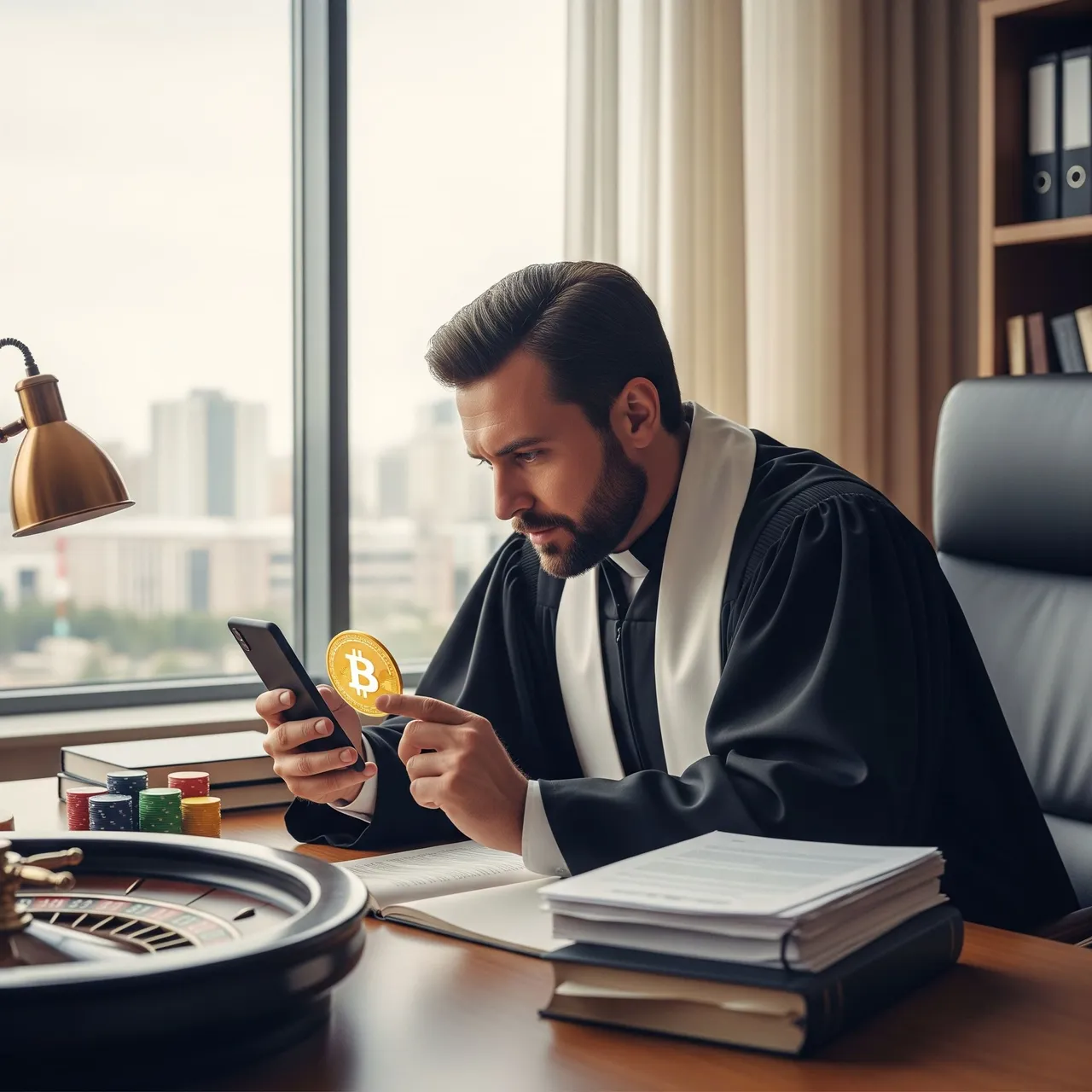I am grateful for the inquiry of a friend who happened to be the moderator of our denomination, as well as the current chairman of our school's BOT. He asked three questions about Bitcoin and cryptocurrency. His questions focused on the legality, the morality, and the gambling side of cryptocurrency:

Is Bitcoin/cryptocurrency legal?
Is it moral to be involved in cryptocurrency?
Is it not a form of gambling?
After asking these questions, he thanked me and wished me to be safe always.
I recall the year when I shared the Pi Network with him. At that time, he was very skeptical due to the experiences of many pastors in our group who had been scammed by crypto projects. That was four years ago.
I did not ask what prompted him to ask those questions. I suspect that he encounters either an investor or a legislator friend, and they talk about Bitcoin and cryptocurrency.
What follows is my response to his inquiry. It is a sort of review on my part and collating scattered info here and there.
Brief Background
Providing Bitcoin's background, I told him that Bitcoin was a response of the market to the 2008 housing bubble. Investors worldwide realized that they could not trust the governments (the US government in particular) and rating agencies because, in the end, the loss of government-sponsored enterprises like Fannie Mae and Freddie Mac is passed on to the taxpayers. Of course, my response is rough, and the details might not be that accurate.
And then I added, Bitcoin is the first cryptocurrency, and its creator aims to provide an alternative monetary system. However, Vitalik Buterin is not satisfied with Bitcoin's code. For him, the Bitcoin network cannot handle complicated transactions, and so he introduced smart contracts that allowed developers to create decentralized apps. Using Buterin's idea, that's the beginning of the explosion in the number of cryptocurrencies; that was around 2013.
The Legal Question
When it comes to legality, Bitcoin and cryptocurrency violate no law, for the existing financial laws were made not for the digital era. And that's what governments all over the world are preoccupied with now. They want to regulate and control the crypto space. Nevertheless, government funds and big investors like Blackrock have now entered Bitcoin and Ethereum and other selected crypto projects.
The Moral Question
Concerning morality, the existing monetary system, which is the managed fiat currency, is basically immoral. The monetary system is dishonest and perpetuates what classical liberals like Frederic Bastiat describe as legal theft or plunder. That is why, for me, the politicians' rhetoric and favorite campaign slogans about fighting poverty are deceptive and useless, unless they are willing to replace the existing monetary system. For me, to blame the capitalists for the increasing gap between the rich and poor is misleading, for they fail to identify the primary root cause of such a gap.
The Gambling Question
Investing in Bitcoin and cryptocurrency is just like buying shares of public companies like PLDT and Jollibee. However, research is necessary before entering any crypto project to distinguish the difference between solid projects and scams. There are many scams in cryptocurrency because of the abundance of opportunities.
Final Word
The system followed by cryptocurrency is not new. The Eurodollar system was the pioneer in using the ledger technology twelve years after World War 2; it was in 1957. I was not born yet. The difference of cryptocurrency with both the managed fiat currency and the Eurodollar system is in the area of control. In managed fiat currency, governments and central banks control the money supply. In the Eurodollar system, the international commercial banks. In cryptocurrency, sovereignty and control are now back to individuals.
And so that was my response to my friend's inquiry about the legal and moral sides of Bitcoin and cryptocurrency.